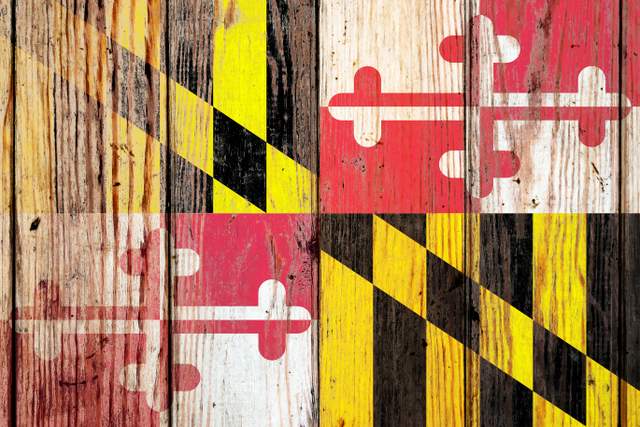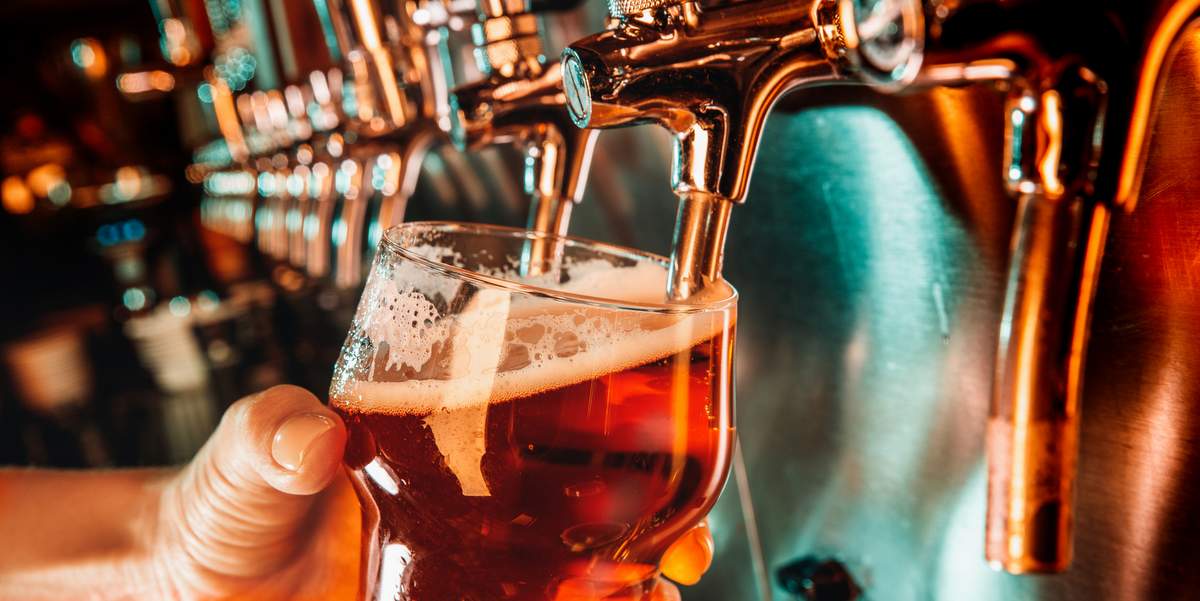
The Brewery Modernization Act and the Beer Franchise Law recently helped, um, lessen restrictions on breweries in Maryland. Both laws were a “major leap forward for our industry,” said the Brewers Association of Maryland last year. The laws do lots of things (great list here). The Beer Franchise Law gave brewers producing 20,000 bbls or below annually a lot more wiggle room to terminate a distribution agreement with a wholesaler. The Brewery Modernization Act of 2019 covered a lot of ground — from production caps to farm brewery hours — but it also increased taproom limits to 5,000 bbls per year for Class 5 and Class 7 beer manufacturers. That cap is still the lowest in the country, and it was 3,000 bbls before that — well sort of. According to the Baltimore Sun:
Just two years ago, the sales limit for brewery taprooms was just 500 barrels, or 125,000 pints. The limit was raised to 3,000, largely in response to the new Guinness brewery and taproom [in Baltimore], which was in the works at the time and projected to draw hundreds of thousands of visitors a year to its campus in Relay.
The 3,000-barrel limit had a catch: The first 2,000 barrels could come straight from the brewery’s production line. But the last 1,000 had to be sold to a distributor and bought back to sell in the taproom.
It doesn’t stop there. To buy off-premise beer, visitors used to have to take a guided tour to snag some carry-out. Both the “buyback” law and guided tour hurdle were terminated via the Brewery Modernization Act, but it wasn’t enough then, and it is crippling now that craft breweries and distilleries are now being forced to close because of COVID-19.
SO, Comptroller Peter Franchot announced yesterday that the state is temporarily suspending its enforcement of limits imposed on customers purchasing beer and distilled spirits. The limit for craft breweries is/was a case of beer (please note my exaggerated eye-role). To the press release!
Current state law restricts how much product a Maryland-based craft brewery and craft distillery can sell to its customers for carryout and off-premise consumption. For breweries that possess a Class 5 production license, that limit is 288 ounces — the volume equivalent of one case. For Class 1 distilleries, the maximum is 2,225 milliliters (2.25 liters) of spirits — the volume equivalent of three regular-sized bottles of vodka, gin, whiskey or rum.
“In light of the public health and economic crisis that our state is experiencing as a result of the coronavirus pandemic, and the severe financial losses that are being incurred by our local, independent businesses that can no longer serve customers on their premises, our agency is suspending its enforcement of these laws for the duration of Governor Hogan’s state of emergency,” Comptroller Franchot said. “Like restaurants, our state’s flourishing breweries and distilleries greatly depend on customers visiting their taprooms and tasting rooms to make ends meet. Given the necessary shutdown of these establishments, we’re lifting these arbitrary limits to generate more dollars so they can persevere during these tough times.”
This action, which takes effect immediately, puts local manufacturers on a level playing field with Maryland’s package stores, which are not bound by the same sales limits. It also could preserve jobs for brewery and distillery employees who may otherwise have been laid off during the state of emergency.
“It’s my hope, and that of my team, that this will provide at least a small measure of relief and opportunity for local businesses that have done so much to create jobs, investment and revitalization in communities across Maryland,” Franchot said. “If these manufacturers are forced to close as a result of the pandemic’s impact, the economic effect – in terms of lost jobs, lost revenue and lost community investment – would be devastating.”





Leave a Reply
You must be logged in to post a comment.